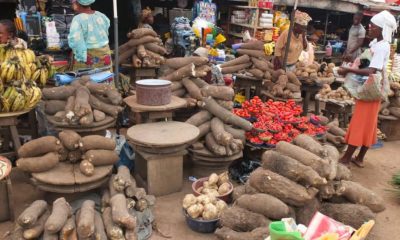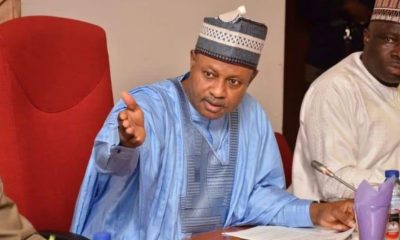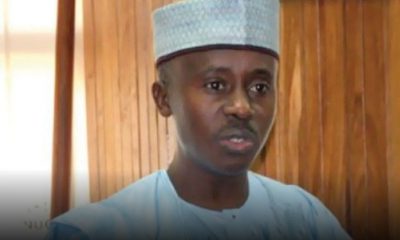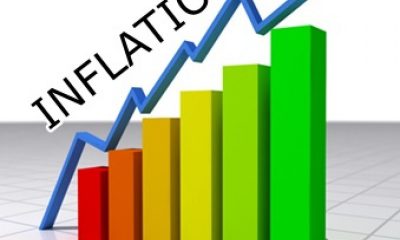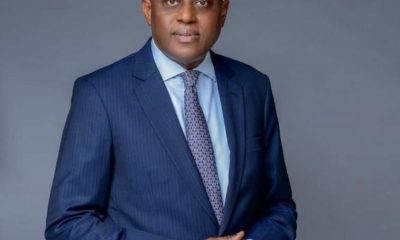By Richards Adeniyi
In the unlikely event of Nigeria’s refining output rising significantly or the price of crude oil in the international market dropping to an average of $40 per barrel or the Naira appreciating against major international currencies, Nigeria may spend about N548.8 billion subsidising Premium Motor Spirit (PMS) or petrol in 2018.
At the current landing cost of N171.40 per litre and the differential of N26.40 per litre, borne by the Nigerian National Petroleum Corporation (NNPC), the country will be subsidizing the product at N1.2 billion daily based on the average consumption of 45 million litres per day.
According to multinational accounting and management firm, PricewaterhouseCoopers (PwC), Nigeria consumes over 17 billion litres of petrol annually. Another report from the Department of Petroleum Resources (DPR), said about 18.126 billion litres of petrol, amounting to 13.517 million metric tonnes of the product, was imported into the country in 2015.
Meanwhile, with the growing need to stay afloat in business as well as ensuring minimum comfort in the homes amid the country’s epileptic power supply, the use of petrol to power generators has continued to fuel the daily consumption of the product.
The latest report from the National Bureau of Statistics (NBS) put Nigeria’s total value of imported petrol for 2016 at 18.8 billion litres. The Federal Government had debunked the claims of subsidy on petrol while also denying the subsidy in the 2018 budget as presented to the National Assembly by President Muhammadu Buhari.
However, the position on subsidy claims remains unclear as the NNPC plays its roles as a government parastatal.
The debate as to selling petrol at government pegged price of N145 per litre appears to have become more political than economic. Otherwise, analysts query the sense in government’s insistence on controlling the price of the product when the reality on ground shows that many Nigerians, especially those outside the cities across the country, are buying at higher prices.
Over the last few weeks, the debate has been how to avoid the fuel crisis which engulfed the nation during the yuletide and New Year celebrations. The Federal Government, through the Ministry of Petroleum Resources, NNPC, the DPR, among others, has continued to engage stakeholders in the industry on how to proffer solution to the lingering problem.

 Football2 days ago
Football2 days ago
 Business1 week ago
Business1 week ago
 Business1 week ago
Business1 week ago
 Education1 week ago
Education1 week ago
 Crime1 week ago
Crime1 week ago
 Covid-191 week ago
Covid-191 week ago
 Latest5 days ago
Latest5 days ago
 Business1 week ago
Business1 week ago


